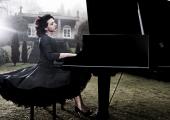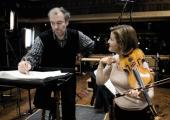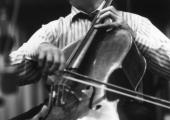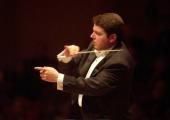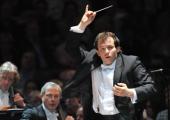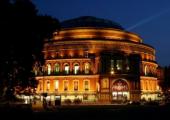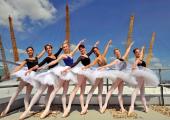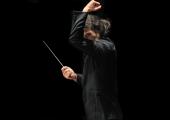Blaumane, Royal College of Music Symphony Orchestra, Jurowski, Royal College of Music
The problem of Prokofiev gamely addressed but never solved
How do you solve a problem like Prokofiev? Not with a TV talent hunt promoted by Andrew Lloyd Webber. Not even, I’m beginning to think, with the current London Philharmonic concert series, Prokofiev: Man of the People?, devised by Vladimir Jurowski. Prokofiev’s uneven output; his parade of masks, making it hard to decipher what the composer is thinking and feeling: these form the principal difficulties, especially when the popular works are put to one side in the programmes and the gargoyles and dead dogs march in.

